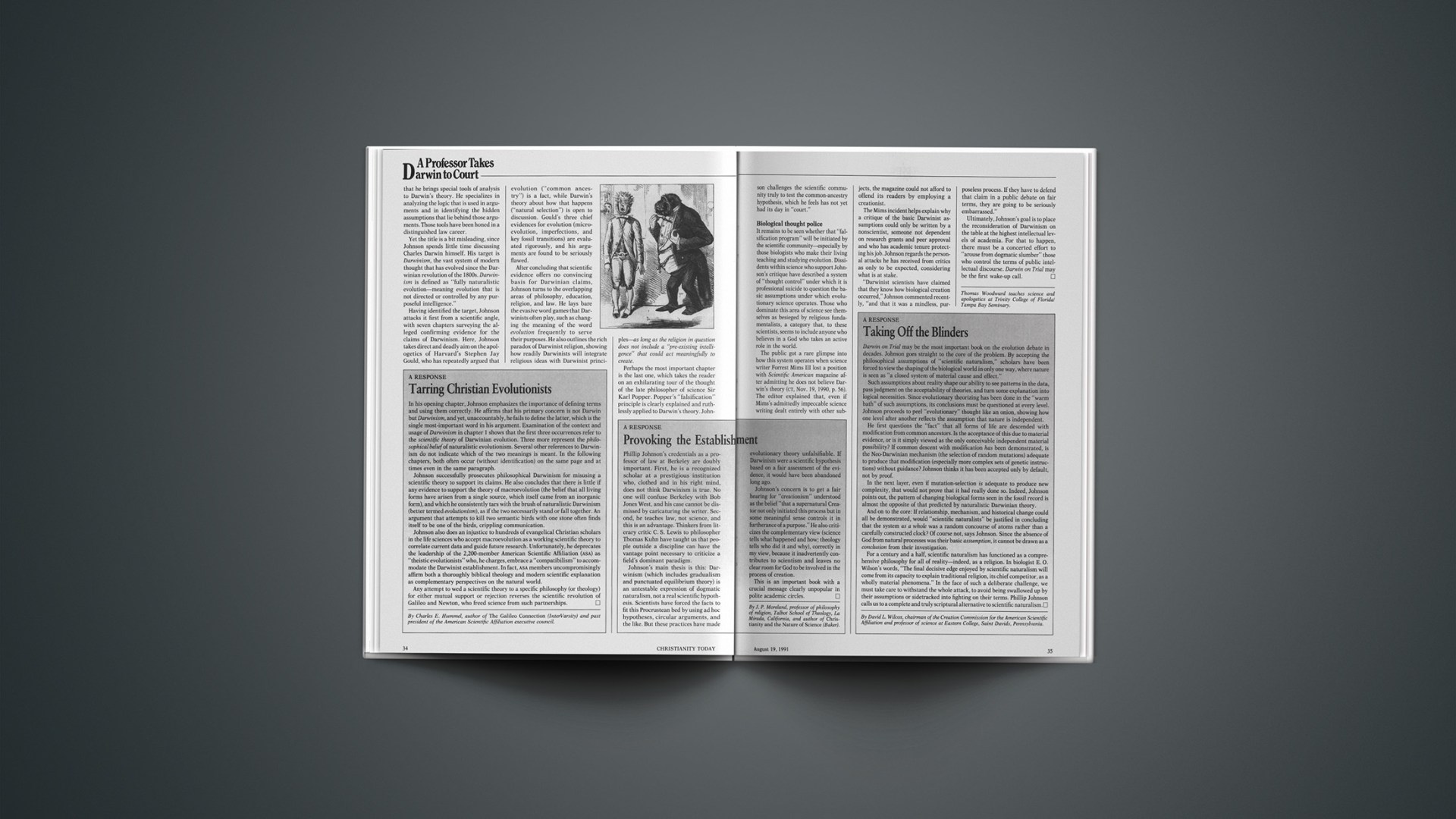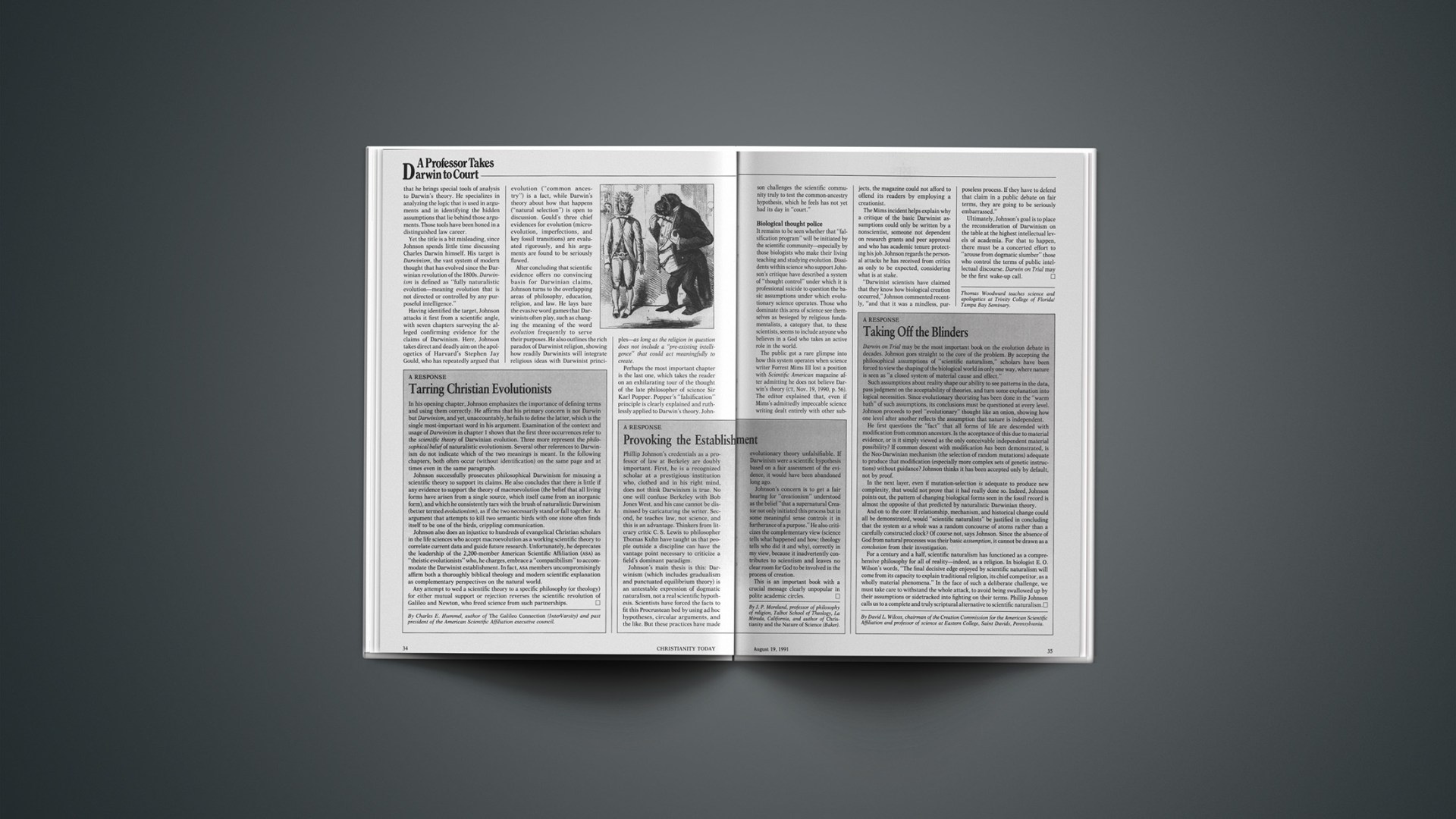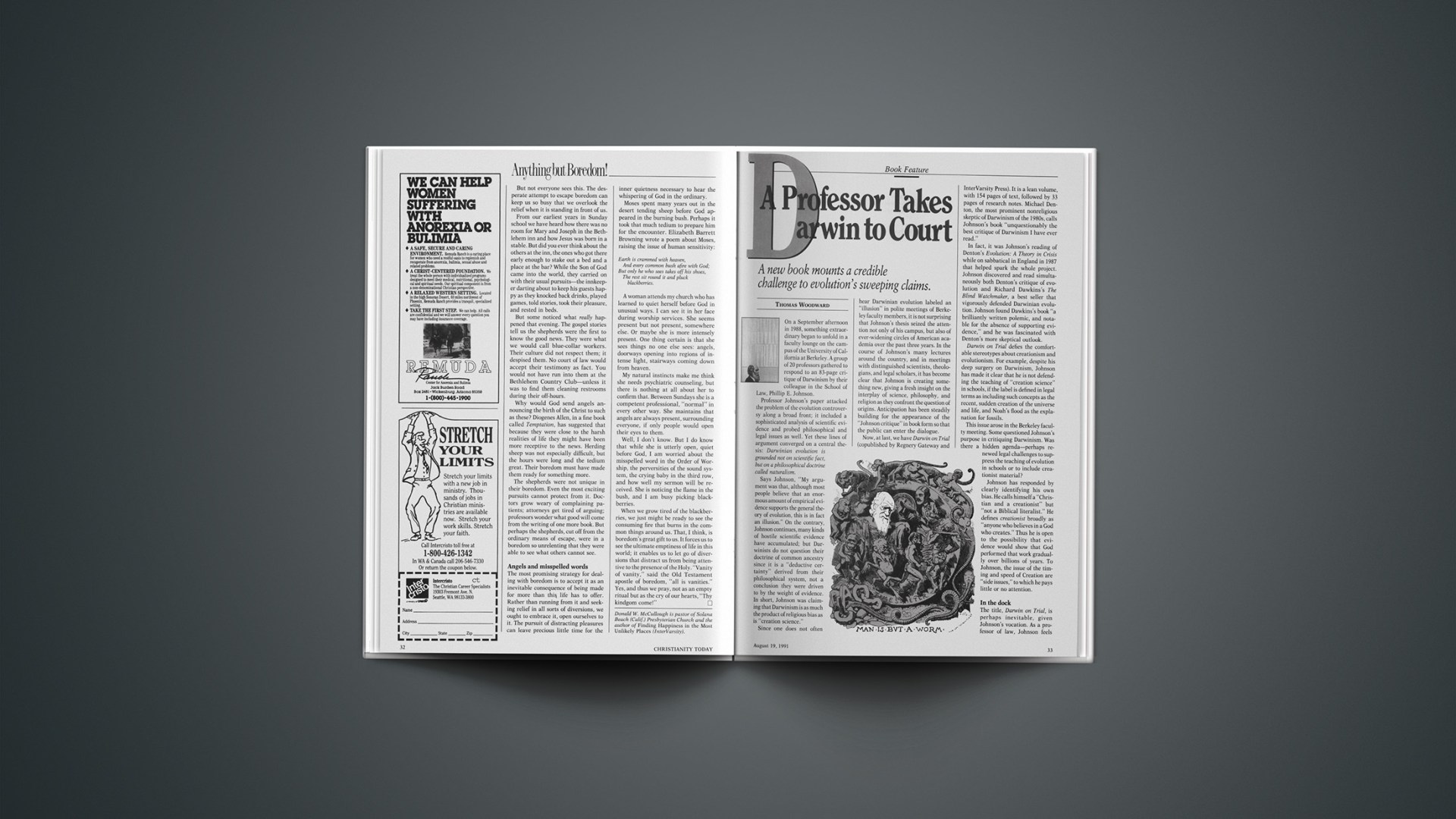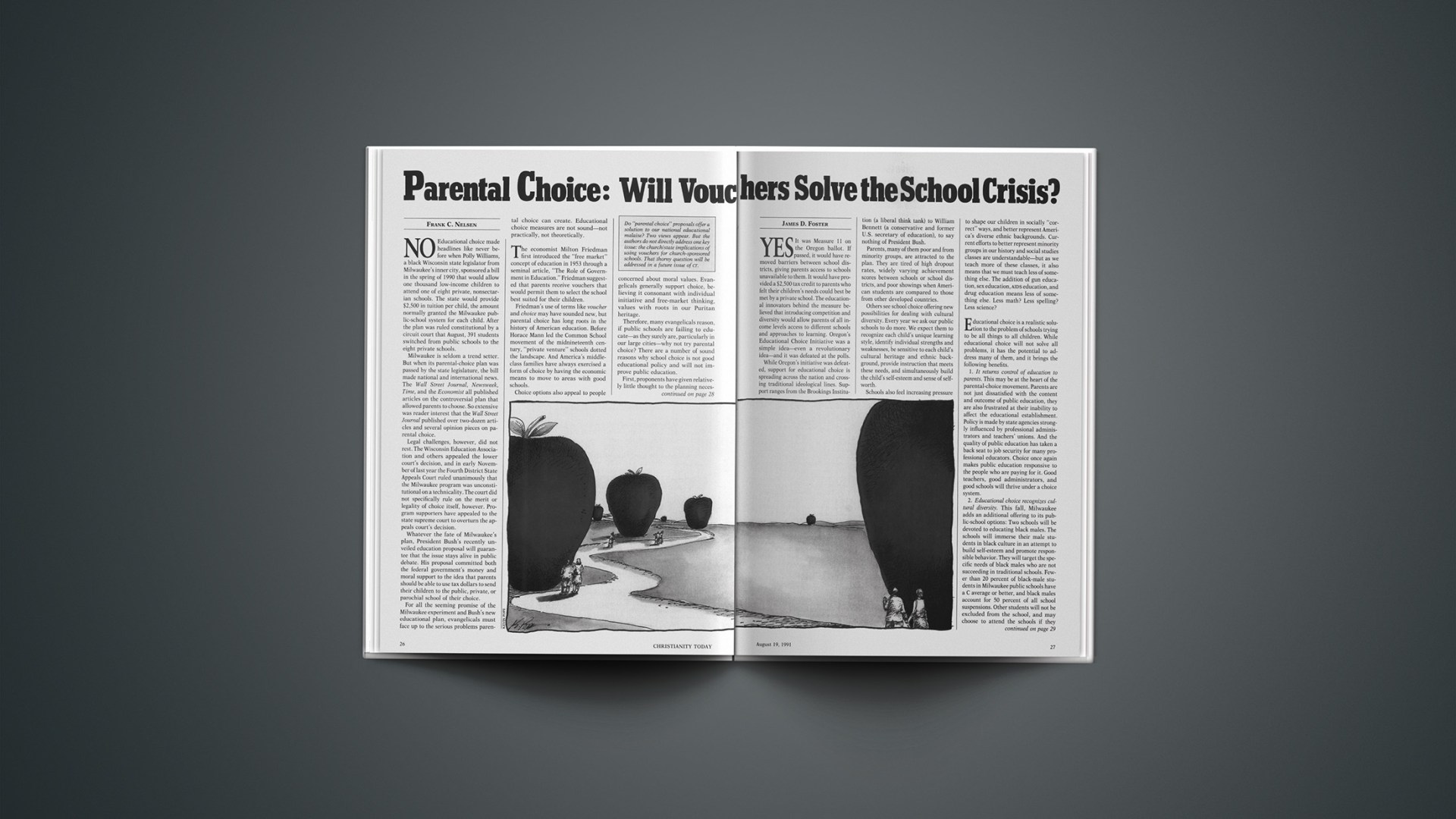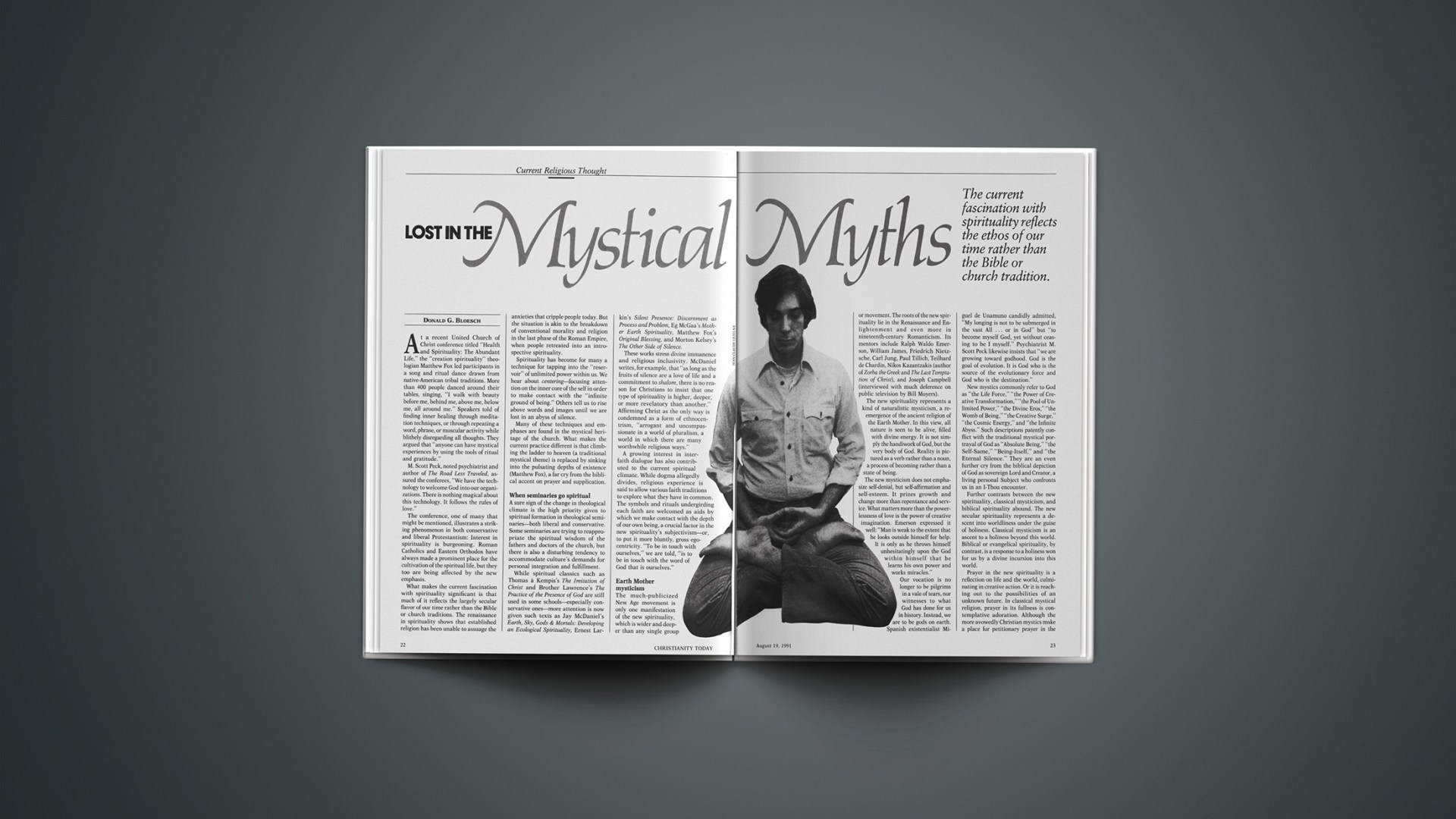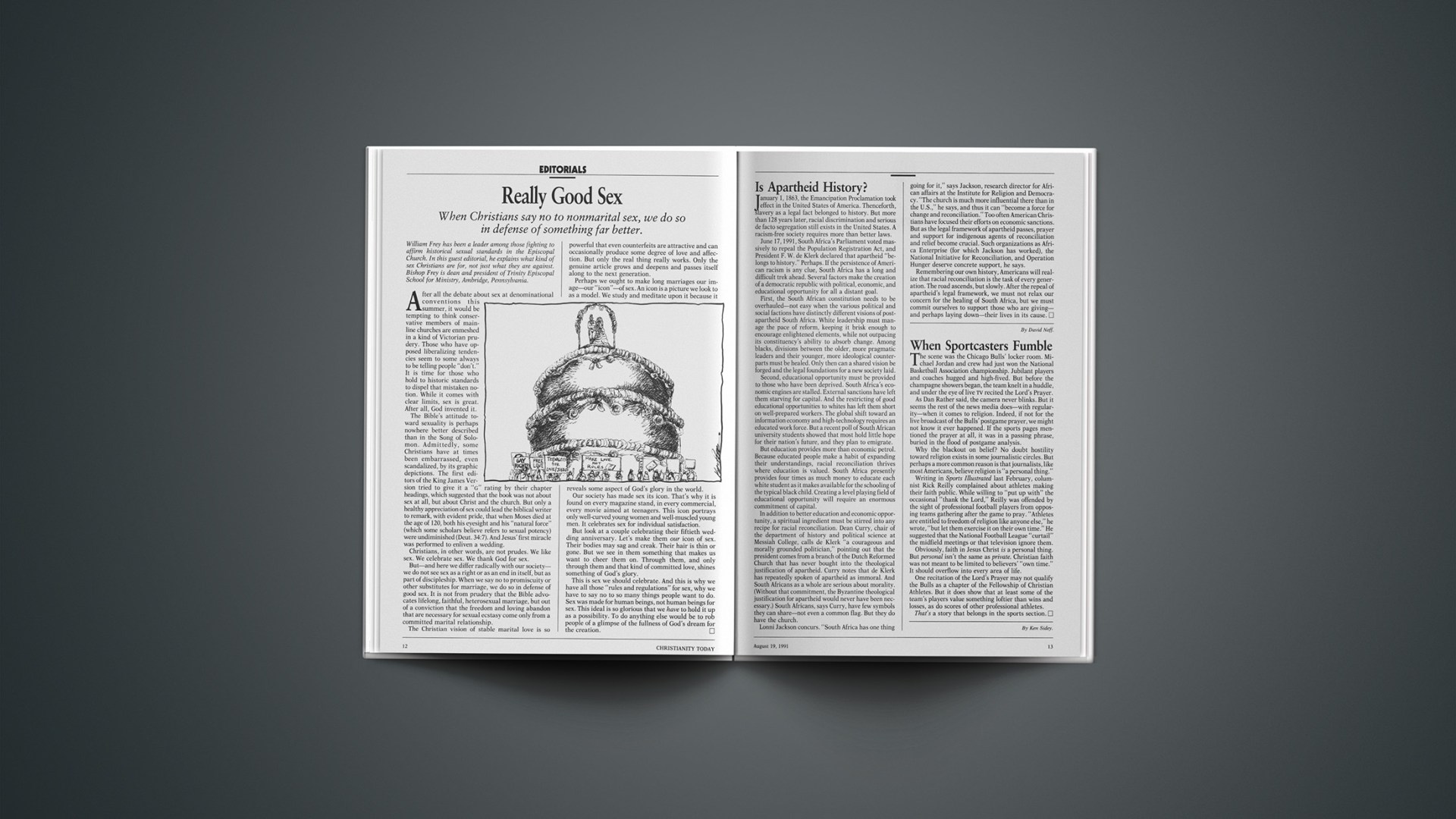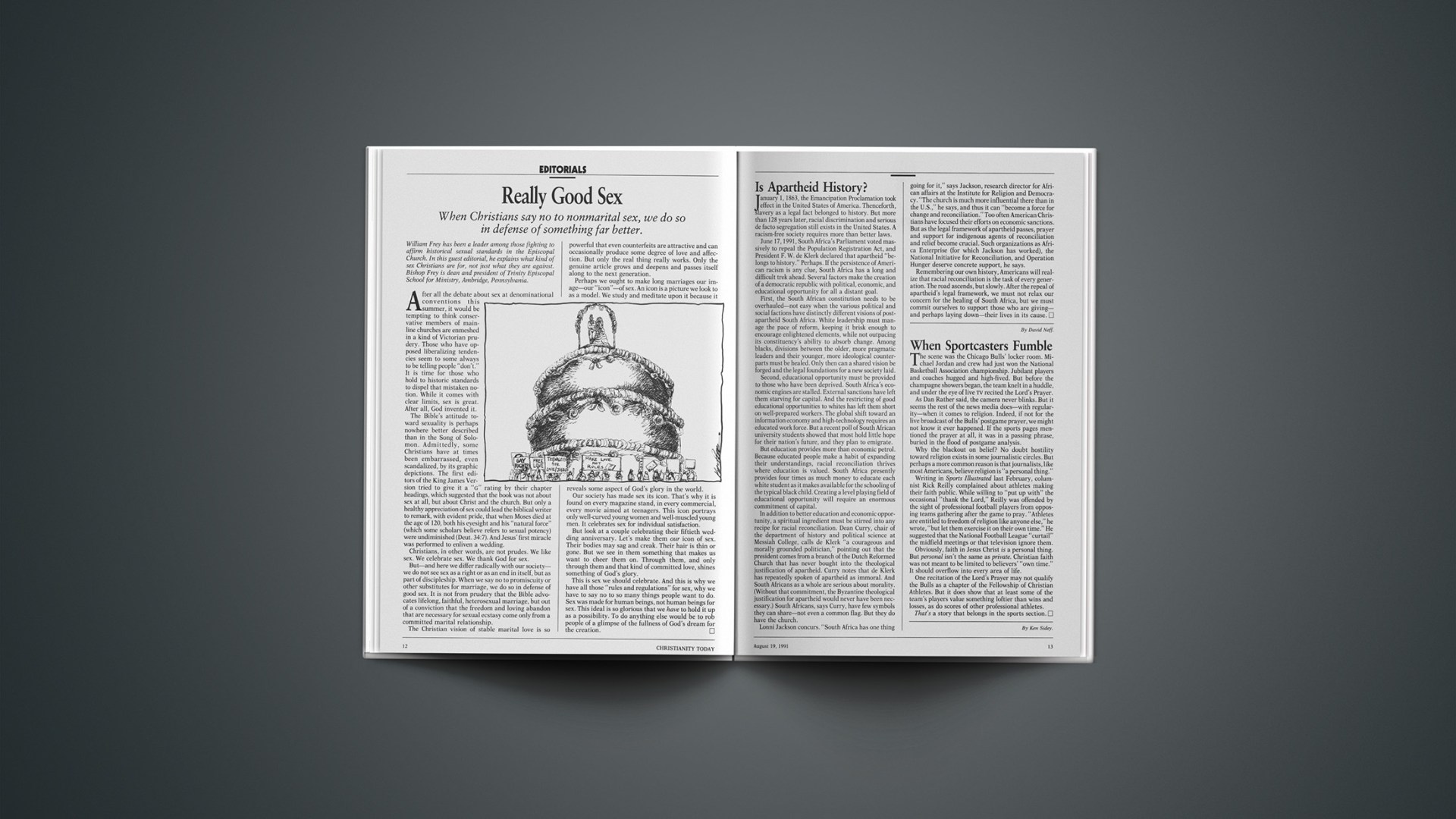Phillip Johnson’s credentials as a professor of law at Berkeley are doubly important. First, he is a recognized scholar at a prestigious institution who, clothed and in his right mind, does not think Darwinism is true. No one will confuse Berkeley with Bob Jones West, and his case cannot be dismissed by caricaturing the writer. Second, he teaches law, not science, and this is an advantage. Thinkers from literary critic C. S. Lewis to philosopher Thomas Kuhn have taught us that people outside a discipline can have the vantage point necessary to criticize a field’s dominant paradigm.
Johnson’s main thesis is this: Darwinism (which includes gradualism and punctuated equilibrium theory) is an untestable expression of dogmatic naturalism, not a real scientific hypothesis. Scientists have forced the facts to fit this Procrustean bed by using ad hoc hypotheses, circular arguments, and the like. But these practices have made evolutionary theory unfalsifiable. If Darwinism were a scientific hypothesis based on a fair assessment of the evidence, it would have been abandoned long ago.
Johnson’s concern is to get a fair hearing for “creationism” understood as the belief “that a supernatural Creator not only initiated this process but in some meaningful sense controls it in furtherance of a purpose.” He also criticizes the complementary view (science tells what happened and how; theology tells who did it and why), correctly in my view, because it inadvertently contributes to scientism and leaves no clear room for God to be involved in the process of creation.
This is an important book with a crucial message clearly unpopular in polite academic circles.
By J. P. Moreland, professor of philosophy of religion, Talbot School of Theology, La Mirada, California, and author of Christianity and the Nature of Science (Baker).

